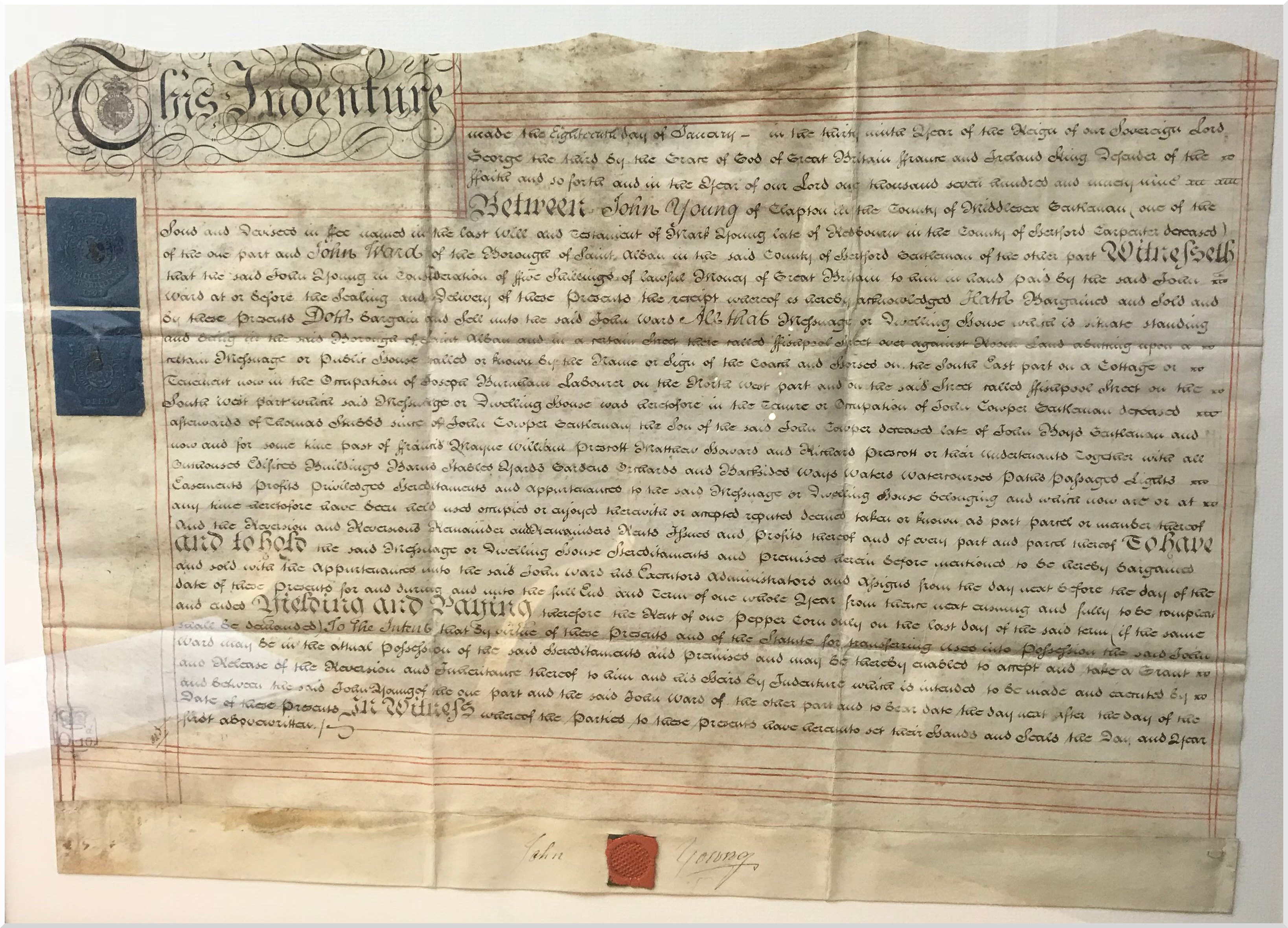In this article we look at the role of the Court of Protection.
The Court of Protection is a specialist court that looks after the affairs of people who lack mental capacity.
If you do not have a valid Power of Attorney and become unable to manage your own affairs, most commonly because of illness or an accident, somebody must apply to the Court of Protection to be appointed as your deputy.
A deputy is usually a family member, close friend or professional such as a solicitor. A deputy looks after the incapacitated person’s financial affairs including running bank accounts, managing investments, paying bills and completing tax returns.
Substantial assets may exist, particularly if the person has received a damages award because of medical negligence or personal injury. In those circumstances, the Court of Protection may insist that a professional deputy is appointed because of the sums involved.
Applications can also be made to the Court of Protection to make gifts from the person’s assets, for example as an inheritance tax planning measure. Although a person who lacks mental capacity cannot usually make a will, the Court of Protection can authorise a Statutory Will to be made on their behalf. A deputy can also be appointed in respect of health and welfare although such orders are not easy to obtain.
The Court of Protection supervises deputies and generally requires them to submit an annual account to ensure that no financial mismanagement has taken place.
At Bretherton Law, we can advise you on deputyship and other applications to the Court of Protection, or act as professional deputy. Arrange an appointment on 01727 869293.





